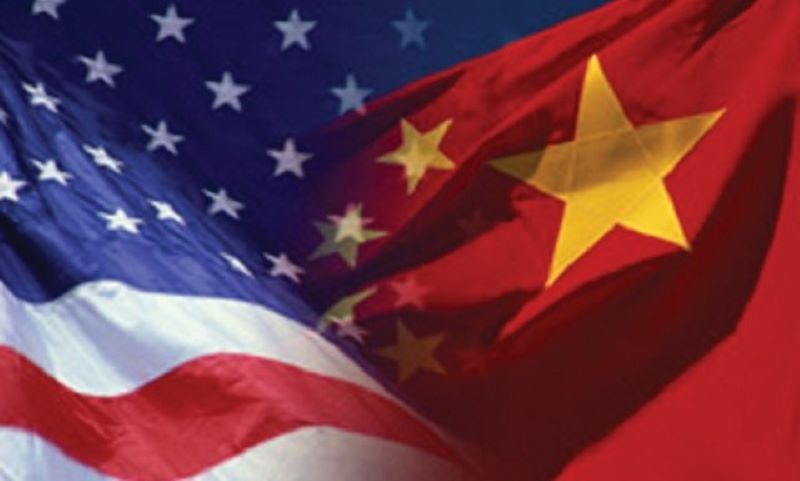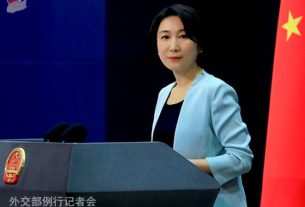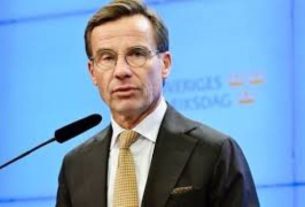China and the United States reopened trade talks in Madrid on Monday, reviving a high-stakes dialogue aimed at easing economic frictions that have unsettled global markets and strained relations between the world’s two largest economies, according to AFP.
The negotiations, held at Spain’s Foreign Ministry, bring together delegations led by U.S. Treasury Secretary Scott Bessent and Chinese Vice Premier He Lifeng. The latest round began Sunday and is scheduled to continue through Wednesday, according to officials.
Diplomats were seen filing into the ministry’s neoclassical headquarters early Monday, their task as weighty as the setting. On the table are some of the most contentious disputes of recent years: President Donald Trump’s renewed threat to impose steep tariffs on Chinese imports and Washington’s ultimatum that TikTok must be sold to a non-Chinese owner or face a nationwide ban by September 17.
The stakes are considerable. Earlier this year, a tariff war escalated to punishing levels, with tit-for-tat duties soaring into the triple digits and snarling supply chains from Asia to the American Midwest. A fragile truce later pared tariffs back to 30 percent on U.S. exports and 10 percent on Chinese goods, but that reprieve expires in November.
Beijing last week urged Washington to resolve disputes “on the basis of mutual respect and equal consultations.” Yet over the weekend, Chinese regulators launched investigations into the American semiconductor industry—an unmistakable signal that tensions remain high despite the resumption of talks.
Analysts say the Madrid meetings may serve less as a breakthrough moment than as groundwork for a potential face-to-face summit later this year between Trump and Chinese President Xi Jinping. Until then, negotiators must navigate the perilous balance between tariffs, technology access, and the geopolitics of rare earth exports—all while keeping alive the prospect of stability in a relationship prone to crisis.





